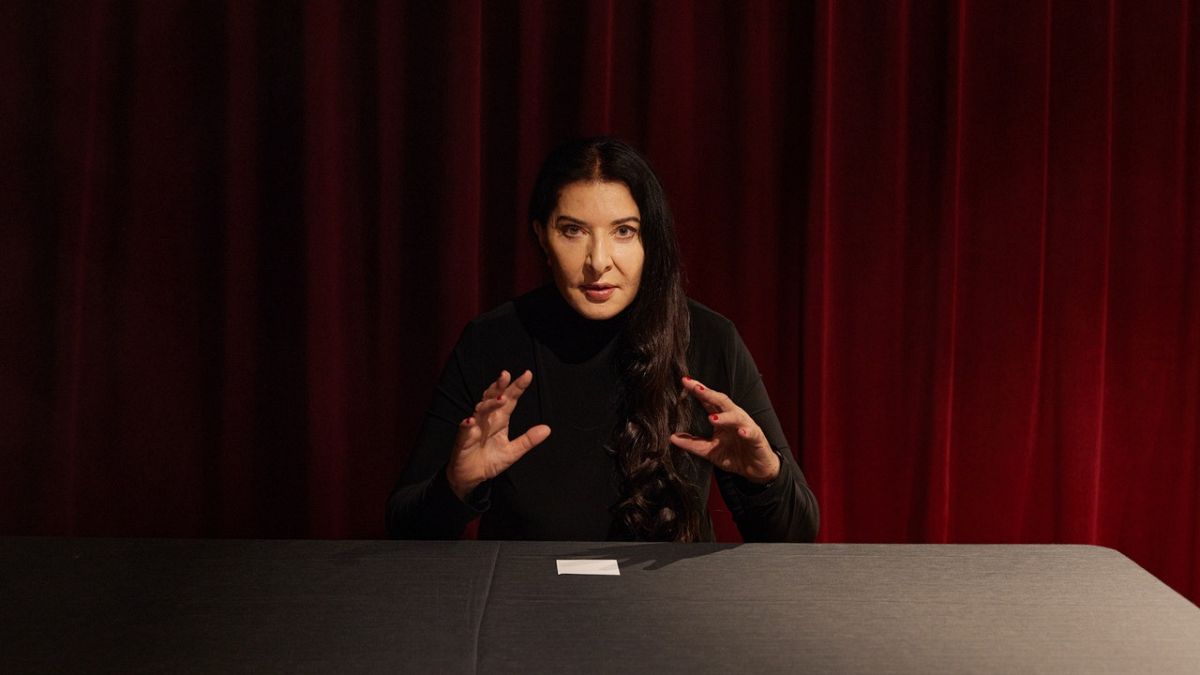

In a world woven with rich cultural tapestries and complex historical narratives, recent events offer poignant reminders of our shared journey. From the celebration of artistic excellence to critical examinations of history and contemporary challenges in aviation and climate communication, each story adds nuance to our collective experience.
Honoring creativity and innovation, the esteemed Praemium Imperiale, often regarded as the ‘Nobel of the Arts’, has recognized Serbian performance artist Marina Abramović and the painter Peter Doig among its latest laureates. This prestigious Japanese award celebrates individuals from various fields of arts who have made significant contributions to the cultural sphere. Abramović, known for her groundbreaking performances that explore the relationship between performer and audience, self-control, and stamina, continues to inspire through her remarkable work. Her recognition, alongside Doig’s evocative artistry, underscores the profound impact of creative expression on global culture.
Meanwhile, in a more somber light, the aviation sector faces renewed scrutiny following a tragic incident involving an Air India Boeing 787-8 Dreamliner. The recent crash, a deeply unfortunate event resulting in the loss of nearly all passengers and several individuals on the ground, has led Indian aviation authorities to mandate thorough inspections across specific Boeing models. This measure aims to ensure stringent safety protocols are in place, reaffirming public confidence in air travel by addressing potential concerns with diligence and transparency. Such initiatives highlight the ongoing commitment to safety and technological advancements within the aviation industry.
In Poland, a historical controversy continues to evoke strong responses as prosecutors investigate far-right lawmaker Grzegorz Braun over comments denying the atrocities at Auschwitz concentration camp. His remarks, widely condemned by leaders and citizens alike, have reignited discussions on the importance of historical accuracy and collective memory. The examination underscores the necessity for dialogue and education surrounding past events to prevent repetition and foster understanding and reconciliation among diverse communities.
On another front, environmental stewardship and transparency face challenges with recent developments within the United States regarding climate data dissemination. The decision to withdraw a plan for publishing critical climate reports on NASA’s website has raised concerns over accessibility to essential information amid escalating climate-related phenomena. As extreme weather patterns increasingly impact daily lives across the nation, access to scientific data and analysis remains crucial for informed decision-making and adaptive strategies that can mitigate long-term effects.
In Ireland, ongoing endeavors to reconcile with historical injustices take a significant step forward through the exhumation efforts at a former “mother-and-baby home”. These institutions, established for unmarried women and their children, were marred by harsh conditions and high mortality rates. Efforts to recover the remains of over 800 children buried at the site mark a poignant move towards addressing the lasting legacies of institutional practices and providing dignity and closure to affected families. This excavation is a testament to acknowledging past wrongs and striving to heal long-standing wounds through transparency and responsibility.
Each of these stories, while diverse in nature, reflects intrinsic aspects of human resilience and the continuous quest for a more informed, compassionate, and connected global society. Whether through art, aviation safety, historical truth, environmental awareness, or social justice, these narratives collectively underscore the enduring journey towards growth and understanding in our shared world.
Source: {link}
